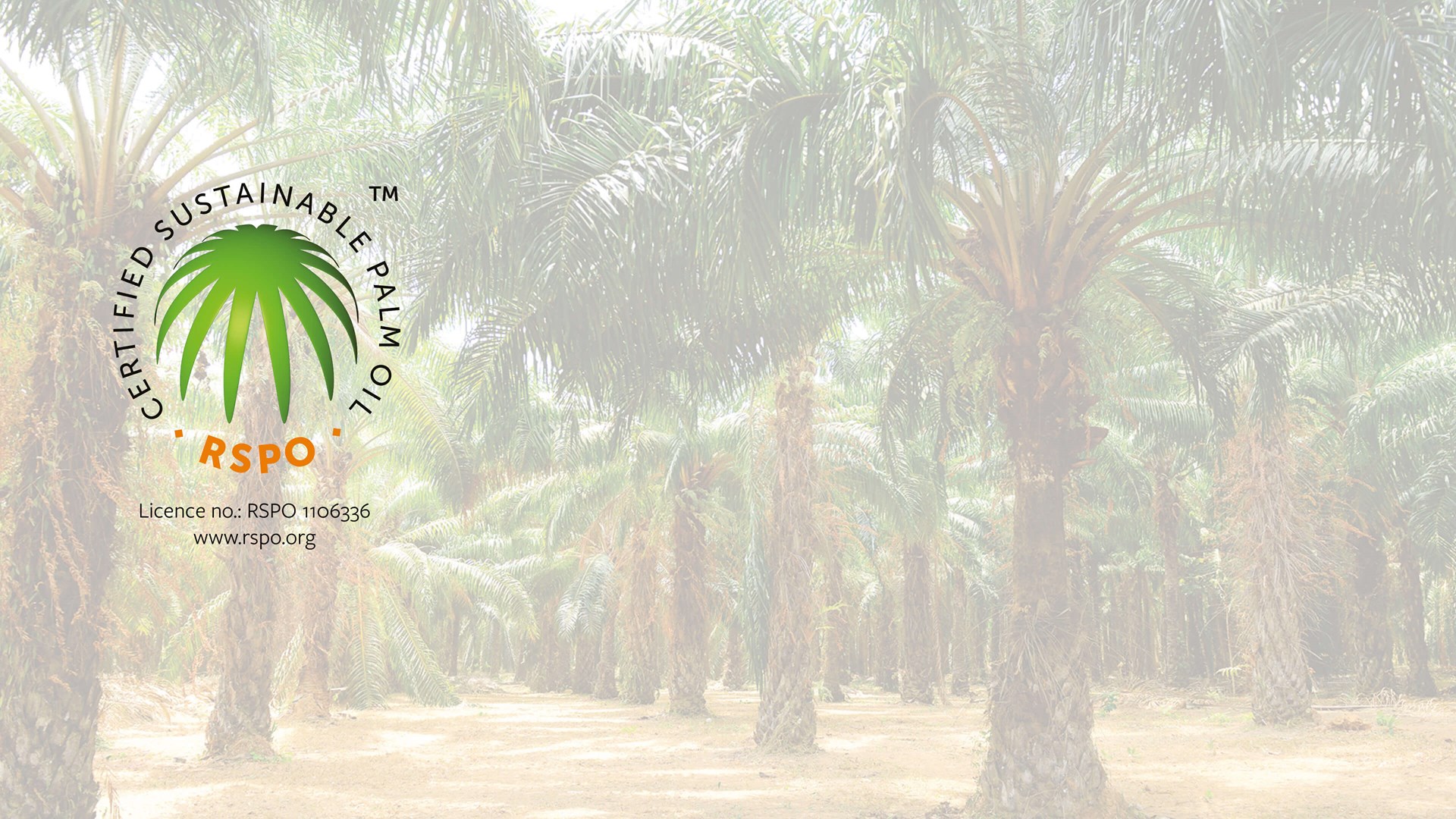
RSPO certified polymer additives
By partnering with Palsgaard, you’ll be able to meet your customers’ demands for sustainable palm-based additives. Our certified plants can deliver RSPO certified additives for a wide range of products.
We’ve been a member of the Roundtable on Sustainable Palm Oil (RSPO) since 2008. And we strongly recommend our partners and customers to support the RSPO system, addressing an essential issue for the global environment, for biodiversity and for the working conditions of local plantation workers.
Setting an uncompromising standard
Our commitment doesn’t stop at RSPO certification of key raw materials. We dive even deeper into our supply chain, identifying everything sourced from suppliers, such as fatty acids or antioxidants, that may involve non-sustainable palm materials.
No matter how small a part they play in the product. And if we can’t be sure to obtain the real thing, we switch to using entirely palm-free products instead.
What is the Roundtable on Sustainable Palm Oil (RSPO) – and what does it do?
The RSPO is a global non-profit initiative that unites stakeholders from the seven sectors of the palm oil industry: oil palm growers, processors or traders, consumer goods manufacturers, retailers, banks/investors, and environmental and social non-governmental organisations (NGOs), to develop and implement global standards for sustainable palm oil.
The principle objective of the RSPO is "to promote the growth and use of sustainable palm oil through co-operation within the supply chain and open dialogue between the stakeholders."
The RSPO has developed a set of environmental and social criteria which companies must comply with in order to produce Certified Sustainable Palm Oil (CSPO). When properly applied, these criteria help minimise the negative impact of palm oil cultivation on the environment and communities in palm oil-producing regions.
RSPO certification for palm oil producers promotes:
- Commitment to transparency
- Environmental responsibility and conservation of natural resources and biodiversity
- Compliance with applicable laws and regulations
- Responsible consideration of employees, and of individuals and communities affected by growers and mills
- Commitment to long-term economic and financial viability
- Responsible development of new plantings
- Use of appropriate best practices by growers and millers
- Commitment to continuous improvement in key areas of activities
The RSPO has more than 1,700 members worldwide who represent all links along the palm oil supply chain. They have committed to produce, source and/or use sustainable palm oil certified by the RSPO according to its four different Supply Chain Certification Standard levels (SCCS).
